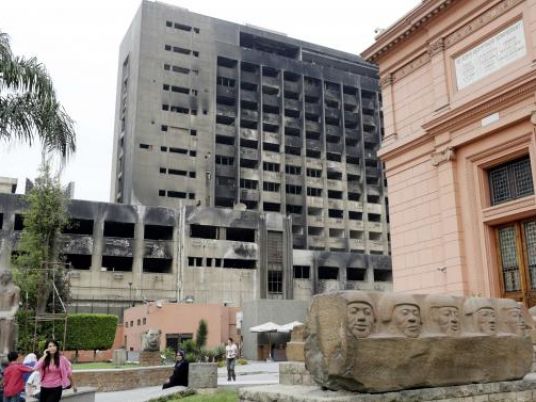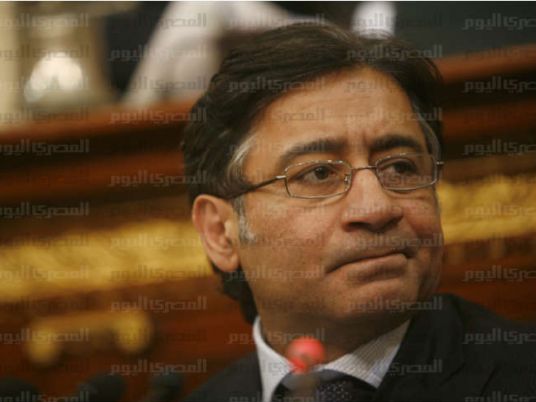The National Democratic Party
Party President: Mohamed Hosni Mubarak
Party history: The National Democratic Party (NDP) was founded by President Anwar Sadat in 1978. It has been in power ever since with its chairman serving as Egypt’s president. In the 2000 parliamentary elections, the party was dealt a blow after its official candidates failed to secure more than 39 percent of the seats. That year, the NDP lost 181 seats to independents who were formerly party members but split after the party refused to include their names on its candidates list. Upon their victory, these MPs rejoined the party but the fact remained that the NDP was suffering from internal rifts and lacked a coherent and well-disciplined membership. Since then, the NDP’s detractors have dismissed it as a patronage distribution network.
In 2002, Gamal Mubarak, the president's son, rose to the fore with his call for an overhaul of the party in order to build strong internal institutions and raise the NDP to the level of a serious political party. To this end, he created the influential Policies Secretariat to initiate policy recommendations, particularly on social and economic issues. Raising the slogan “NDP new thinking”, Gamal invited a few hundred independent writers, professionals, businesspeople and liberal economists to join the Secretariat’s different committees. New comers were betting on the rising politician to bring about genuine political and economic reforms. Yet, many observers perceived Gamal’s plan as an attempt to sideline the regime's old guard and bring in his own clique of young supporters.
The 2005 elections proved a setback for Gamal’s attempts to re-invigorate the party. Again, dozens of members broke ranks with the NDP, objecting to their omission from the party nomination list. Instead, they ran as independents. Many succeeded in defeating the party’s official candidates in the poll, leaving the NDP with only 34 percent of the seats. The party had to re-admit 166 independents in order to secure its political grip in parliament.
The NDP’s success in attracting over two million members and maintaining an absolute majority in government legislative bodies is largely due to its full control over state institutions, through which it provides services and privileges to its members and ensures their victory in national polls. After almost thirty years of NDP rule, many observers associate the party with authoritarian rule and derailed development.
Party paper: Al-Watani Al-Youm is the party’s mouthpiece. The state-owned press however also tends to provide biased coverage of the party’s activities and run opinion pieces that defend NDP policies and attack its political foes.
Party platform: The NDP officially promotes values of citizenship, political participation, development, and a market economy. It encourages private sector development, economic liberalization and full integration into the global economy, though party officials are regularly criticized for favoring business elites with close ties to government. The NDP advocates an active role in regional issues, especially US-brokered peace efforts to solve the Israeli-Palestinian conflict, though many observers believe Egypt’s foreign policy is largely determined by the presidency and the intelligence services.
Party parliamentary history: The NDP has maintained at least a two-thirds parliamentary majority since it inception. The party holds a 73-percent majority in the outgoing parliament.
Party plan for the upcoming elections: The party is fielding nearly 800 candidates for all 508 contested seats, with more than one nominee per seat in at least 100 districts. While party’s supporters hail this multiplicity of candidates as part of a well-planned strategy, observers contend this might weaken the party’s position by splitting the votes among its members.



